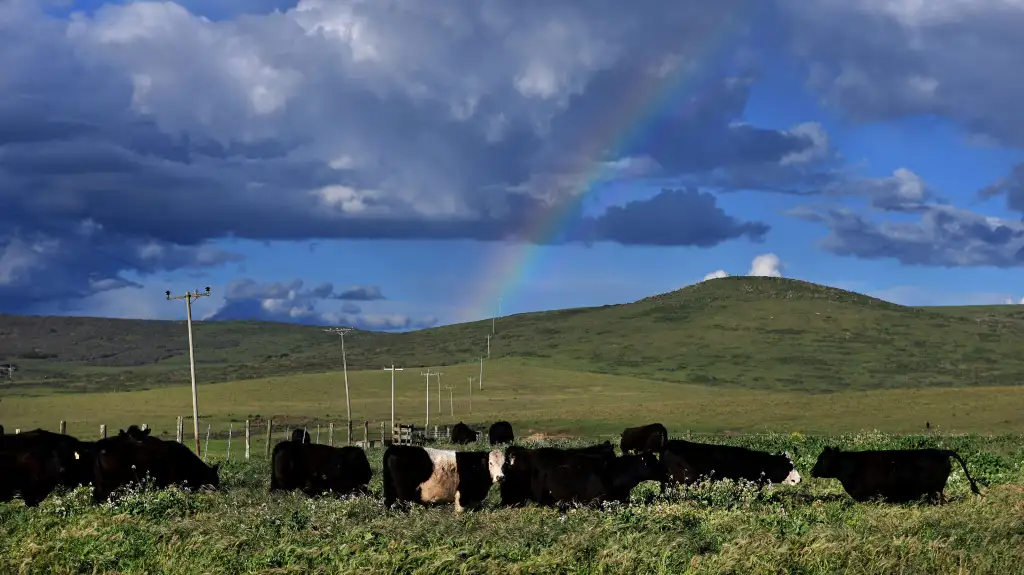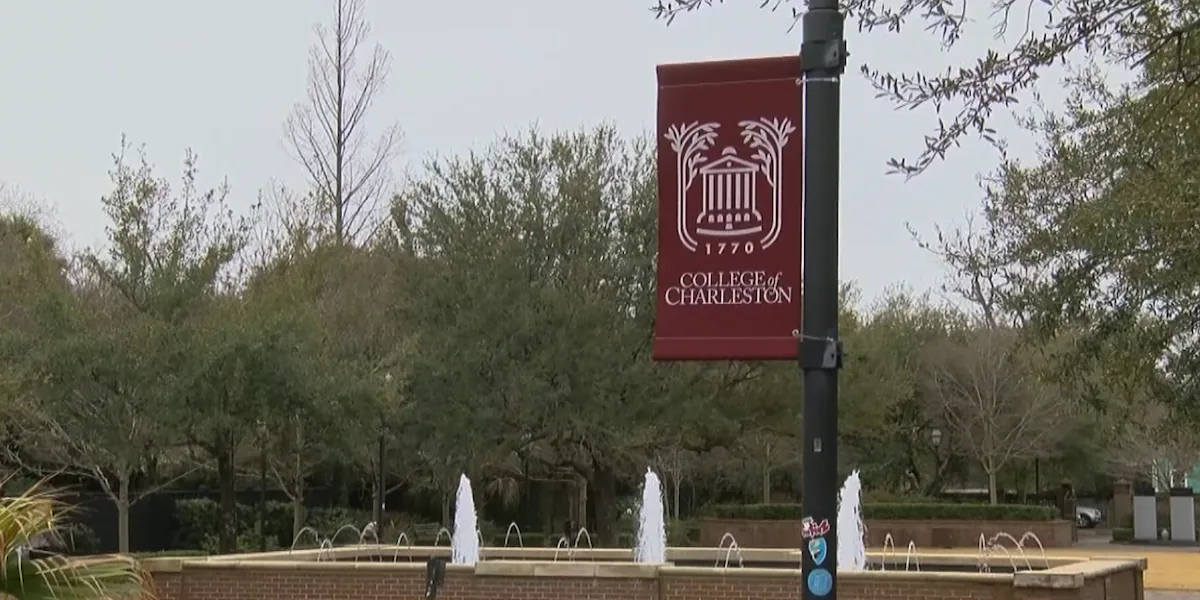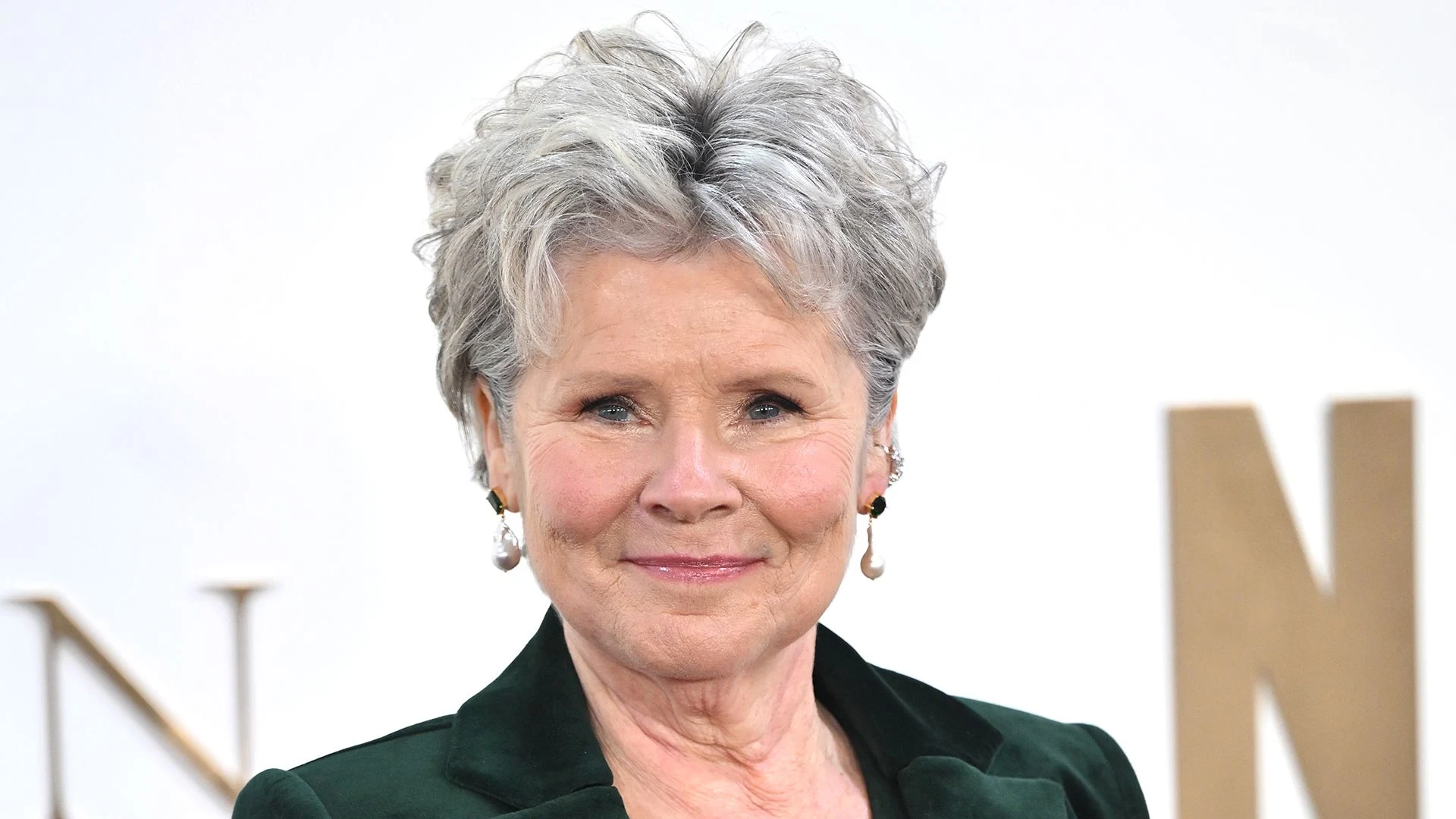Copyright Santa Rosa Press Democrat

Let me get this out of the way first: I have been a vegetarian almost longer than I can remember, which is why the increase in beef prices hasn’t fazed me much. But I am paying attention to what’s happening to American cattle ranchers. And it stinks. After years of financial hardship brought on by droughts, high grain prices, inflation and higher interest rates, the recent uptick in consumer prices is providing some financial relief to ranchers, “a rare bright spot in the struggling agricultural sector,” as Politico put it. But now President Donald Trump in a panic over grocery prices that remain stubbornly high is undercutting the American cattle industry with his plan to quadruple imports of beef from Argentina. He even had the gall to say that American ranchers “have to get their prices down.” This from a president who has preached “America first.” The cattle industry, which has been solidly in Trump’s corner, is outraged. “The National Cattlemen’s Beef Association and its members cannot stand behind the president while he undercuts the future of family farmers and ranchers by importing Argentinian beef in an attempt to influence prices,” the organization’s CEO, Colin Woodall, said in a statement. “It is imperative that President Trump and Secretary of Agriculture Brooke Rollins let the cattle markets work.” The association also noted that “Argentina is a nation with a long history of foot-and-mouth disease, and USDA has not completed the necessary steps to ensure Argentina can guarantee the safety of the products being shipped here.” Americans have an appetite for beef Trump, however, is more interested in placating the public than in ensuring food safety. He cares even less about the environment, despite the fact that the USDA website includes a study that concludes greenhouse gas emissions from American beef cattle “is of major global importance.” Here is a good place to point out that Americans have an especially big appetite for meat. A 2020 report from World Economic Forum showed average meat consumption in the U.S. was 219 pounds per person — the highest in the world. Australia, Argentina, Israel and Brazil followed. So, yes, as a nation we could stand to eat less meat, though that’s not easy to achieve. Lecturing hardly ever works, which is why I won’t be urging you to try going meatless on Mondays or badger you about heart health. But higher prices could be an incentive, right? Except that’s not happening. Despite rising costs steak is up nearly 17% over last year. Americans’ appetite for beef has actually increased to its highest level in 25 years, according to reporting by CoBank, a cooperative bank serving agribusiness, farmers and ranchers. “U.S. consumers can’t seem to get enough protein these days, and among animal proteins, beef remains king,” CoBank economist Brian Earnest said in a news release. Cattle ranching linked to deforestation As prices have risen, many consumers have been passing up fancy cuts of beef and switching to less expensive products like hamburger, which is often imported and, depending on where it’s from, can be worse for the environment than American beef. Due to differences in production methods, cattle farms in some nations are not as carbon-efficient as U.S. farms. (On the other hand, the Environmental Working Group reports that several other nations are more carbon-efficient than the U.S., with Denmark taking the No. 1 spot.) There’s also the huge problem of clear-cutting trees to make way for cattle grazing. According to the World Wildlife Federation, when it comes to deforestation, cattle ranching is the “No. 1 culprit” in every country in the Amazon Rainforest. It’s especially problematic in Brazil, so much so that the European Union and United Kingdom have placed restrictions on Brazilian imports to avoid buying meat from newly deforested areas. (European nations have temporarily banned all Brazilian imports due to concerns about a growth hormone administered to cattle.) While Argentina’s “carbon hoofprint” is lower than Brazil’s, relying on imports when the U.S. cattle industry is actively working to reduce greenhouse gas emissions is counterproductive. Consumers could choose U.S. beef over imports but, unfortunately, it’s often hard to tell where livestock was raised even when buying packaged meat at the supermarket. Beginning next year, however, a “product of U.S.A.” label will be applied to meat packages only if the animals were born, raised and slaughtered within the United States, making it easier to avoid imported meat. Beef prices could take years to decline Despite Trump’s machinations, beef prices aren’t expected to drop significantly any time soon. According to some reports, it could even take years for prices of U.S. beef to decline. Here’s why: Due to tough economic conditions, many ranchers reduced their herds or got out of the business entirely. As a result, the number of beef cattle in the U.S. is at its lowest since 1965. It’s going to take time to reestablish the herds. Meanwhile, anyone serious about reducing grocery costs and/or their carbon footprint might consider cutting back on meat. It doesn’t have to be drastic you don’t have to go whole hog. Here’s a gentle suggestion: Maybe start by giving Meatless Mondays a try.



